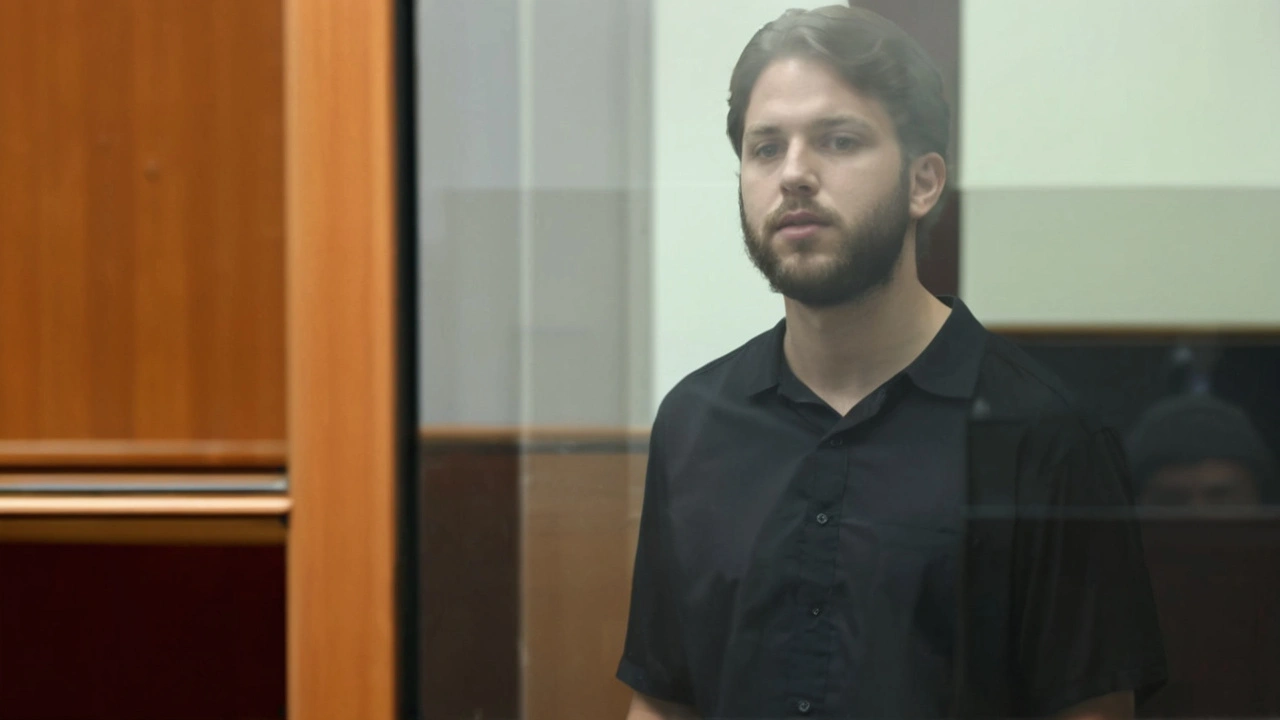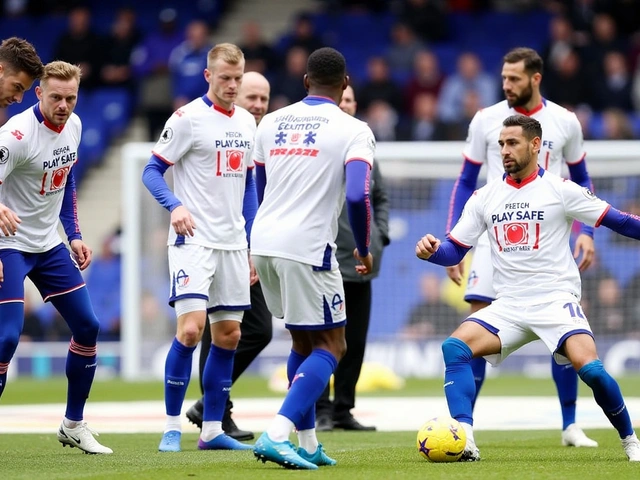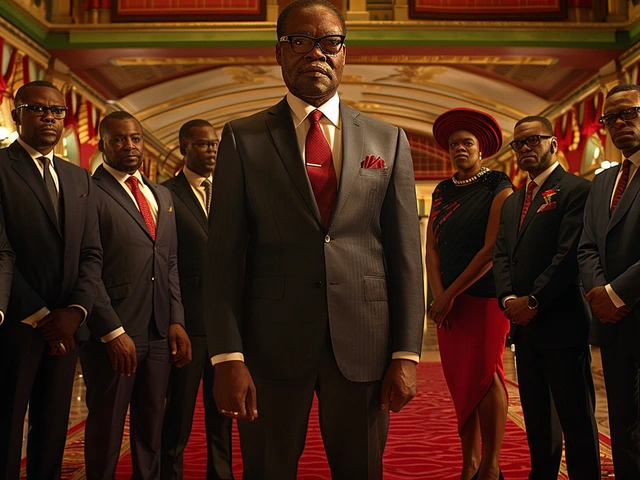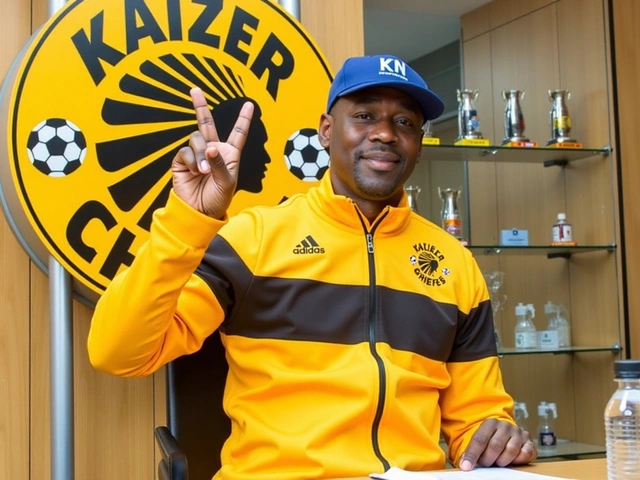Evan Gershkovich: Latest News, Arrest Details and What Comes Next
If you’ve been following the headlines, you know Evan Gershkovich is the 31‑year‑old Wall Street Journal reporter who was detained in Moscow last year on espionage charges. The case has turned into a flashpoint between the United States and Russia, sparking protests, diplomatic talks and endless speculation.
In the past few weeks, Moscow announced a trial date, Western officials pushed for his release, and families back home kept the pressure on. This page pulls together the most useful facts so you can understand what’s really happening without wading through endless press releases.
Why the world is watching the Gershkovich case
First off, the charge itself is serious: Russian prosecutors say Gershkovich collected secret information about a military‑industrial complex. The U.S. government says the accusation is baseless and that he was simply doing his job as a journalist.
What makes this case stand out is the timing. It comes after a series of high‑profile detentions of Western journalists in Russia and after the Kremlin used similar charges to pressurize foreign governments over other disputes. Each time a new name appears in the headlines, diplomats scramble to negotiate swaps or concessions.
Public reaction has been strong too. Large crowds gathered in Washington, London and other capitals demanding Gershkovich’s freedom. Social media trends have kept the hashtag #FreeGershkovich alive, prompting politicians to raise the issue in meetings with Russian officials.
For journalists, the case is a warning sign. Many wonder how far a government will go to silence a reporter who asks uncomfortable questions. Newsrooms around the world have used the situation to push for stronger safety protocols for foreign correspondents.
What to expect next: possible outcomes
Now, what’s on the horizon? The trial is set to start in the next month, and Russian law allows the court to hand down a sentence ranging from a few years to up to 20 years in a high‑security prison. If convicted, Gershkovich could face a long stay behind bars.
However, there are a few paths that could change the end result. The United States could negotiate a prisoner swap – a tactic used before with other detainees. Alternatively, diplomatic pressure might lead to a reduced sentence or a transfer to a less restrictive facility.
Watch for any statements from the U.S. State Department. When they announce a “high‑level dialogue” with Moscow, it usually means a behind‑the‑scenes push for a resolution.
Meanwhile, families and advocacy groups are mobilizing legal aid, raising funds for Gershkovich’s defense and keeping the story on the news cycle. Their goal is to make sure the case doesn’t fade away after the trial starts.
In short, the next few weeks will be crucial. Keep an eye on official court filings, statements from both governments and any news about possible swap talks. The outcome will shape how journalists operate in hostile environments and could set a precedent for future cases.
Stay tuned to this page for updates as they happen. We’ll add new information as soon as it becomes available, so you always have the latest facts at your fingertips.




